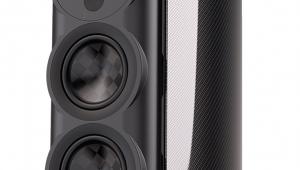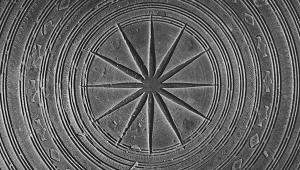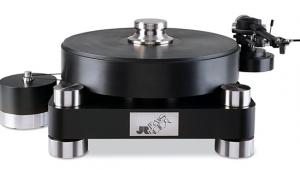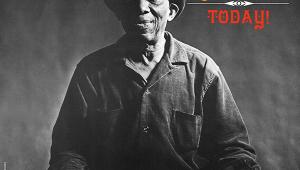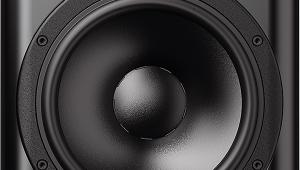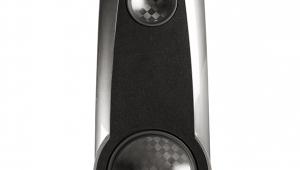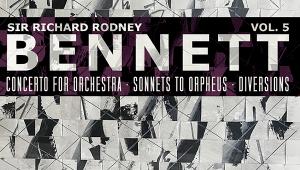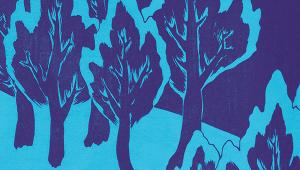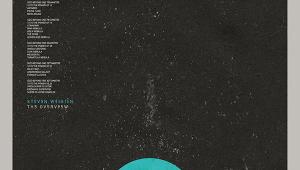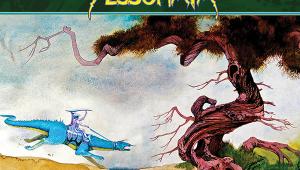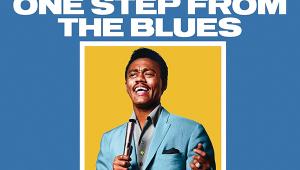The Smiths: Meat Is Murder Page 2
![]()
Political Slant
On Meat Is Murder The Smiths allied their love of pop music with social commentary and a more explicit and very individual political slant. Morrissey had been a passionate vegetarian since the age of 12 and for him the title track was the 'aspirant moment' of the album, and he relished the opportunity to bring the subject into the pop arena for the first time. The song's grim soundscape of mooing cows and mechanical saws, and lines such as 'this beautiful creature must die', made even committed carnivores feel uncomfortable.
![]()
The singer had designed The Smiths' single and album sleeves, which portrayed characters mainly from films and TV, a conceptual continuity that purveyed a mood of gritty but romantic post-war nostalgia. His cover image for Meat Is Murder was a young American marine from Emile de Antonio's 1969 Vietnam war documentary In The Year Of The Pig. The slogan on his helmet 'Make War Not Love' was airbrushed out and replaced with 'Meat Is Murder', drawing parallels between the carnage of warfare and the slaughter of animals. The whole group adopted Morrissey's dietary regime for, as Andy Rourke said in 2015, 'You can't record an album called "Meat Is Murder" and slip out for a burger'.
![]()
Morrissey had had a particularly unhappy time at secondary school. He recalled excelling at some sports and he adopted a cocky attitude, which he felt prompted the teachers to try to crush his spirit. On 'The Headmaster Ritual' he exacted his revenge in song, describing them as 'spineless swines' with 'cemented minds' and 'jealous of youth'.
Grim Lyric
On the rather quaintly titled 'Rushholme Ruffians' Morrissey addresses the violence of the fairground, singing: 'A boy is stabbed/His money is grabbed/And the air hangs heavy like a dulling wine'. 'Barbarism Begins At Home' finds him alluding to domestic violence and child abuse, and the comparatively buoyant tune of 'What She Said' is allied to a grim lyric whose protagonist has had enough of life. Morrissey observes her sympathetically but concludes that considering the rejection she has had to endure, 'To pretend to be happy/Could only be idiocy'.
![]()
The band had been rather unhappy about the production on the first album, but now Marr's guitar had more heft and was higher in the mix and Rourke's bass playing was more assertive and adventurous. Partisan fans assert that the songs recorded before the acrimonious split in 1987 were not only some of the best of the '80s, but that all were either very good or even great.
![]()
Merely Drifting . . .
That said, some of the tracks on Meat Is Murder were worked up from jams, and Morrissey's wordless scatting on the funky but over-long 'Barbarism Begins At Home' sounds rather aimless. Some critics felt that he was limited melodically and that he tended to sing the same cadences over and over.
And in his review of Meat Is Murder in New Statesman, Barney Hoskyns, an early champion of the group, wrote that 'Morrissey does not engage with the music, he merely drifts over Marr's glistening rocky melodies as though humming to himself'. Bill Black was more impressed and gave the album a four-and-a-half star rating in Sounds.
But such was the allure of The Smiths that fans identified with their singular blend of music and lyrics that bucked so many trends in pop, and showed how musicians could succeed by ignoring commercial pressures and create their own identity. And the combination worked: when Meat Is Murder was released in 1985 it gave the band their first No 1 album.










